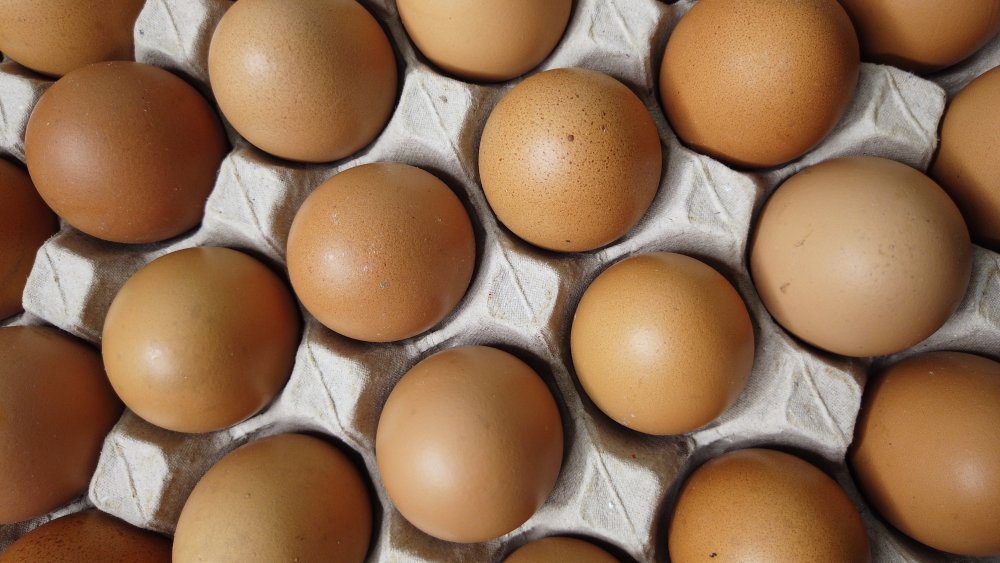What The Egg Diet Really Does To Your Body
The boiled egg diet consists of eating mostly — you guessed it — boiled eggs, as well as lean proteins, and low-carb vegetables and fruit (via Healthline). You can also have calorie-free drinks while on this diet, such as black coffee, tea, diet sodas, and water. You cannot add sugar or other sweeteners to these drinks. The boiled egg diet does not allow starchy vegetables, high carb fruits, grains, processed food, or drinks sweetened with sugar, and you're allowed three meals a day with no snacks.
The good thing about this diet is that it promotes eating healthy fruits and vegetables. The problem is the number of eggs you're supposed to be consuming — and that it restricts some fruits, vegetables, and grains. Is it healthy to be eating a minimum of two to three eggs a day? Is it healthy to follow a fad diet even for a short period of time? What happens when the diet is over?
Is the egg diet healthy?
It's a good idea, for sure, to cut out processed foods and sweetened drinks. Plus, eggs, fruits, and vegetables are high in nutrients your body needs. However, the egg diet is restrictive, making it difficult to follow, and can cause nutrient deficiencies if you follow it for a long time.
Whole grains are a good source of fiber. Starchy vegetables like potatoes are good sources of potassium, magnesium, and vitamin C. Plus, the egg diet is so low in calories, you may not be getting enough. A calorie deficit is what's needed to lose weight, but not eating enough calories every day can cause low energy levels, menstrual disturbances, impaired immune function, and decreased bone density (via British Journal of Sports Medicine, Journal of Bone and Mineral Research, and the American Journal of Physiology, Endocrinology, and Metabolism).
The American Heart Association recommends no more than one egg per day, and while eggs are a nutrient-rich food, but eliminating entire food groups is too restrictive (via USDA). Eggs have historically been linked to increased cholesterol, but recent studies have found that is not the case (via Nutrients).
The bottom line is that you will probably lose weight with this diet, but it is too restrictive and unsustainable, and worse yet, you'll likely gain the weight back when you're off the diet. Sticking to a well-balanced, long-term diet and lifestyle with various healthy foods is much better for you.


